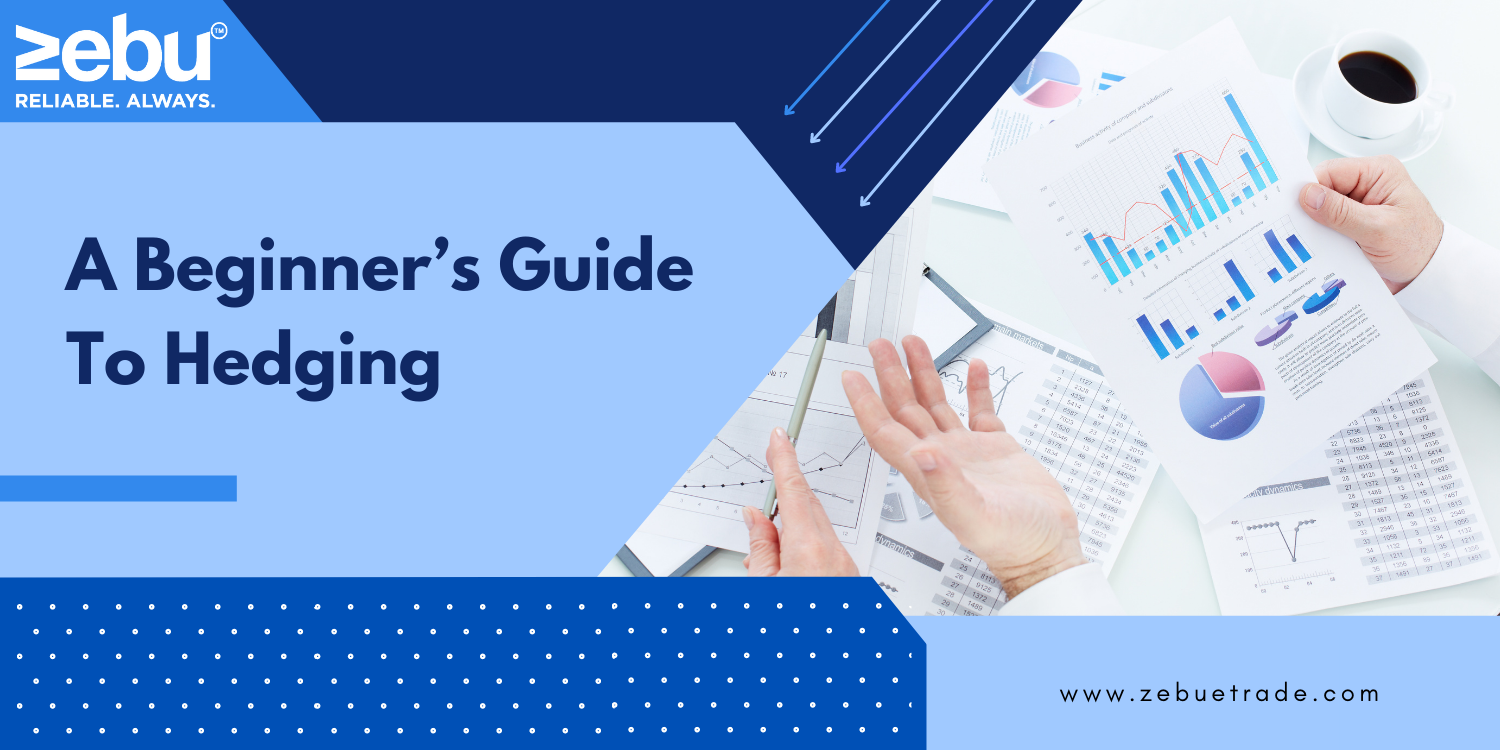
An index future is a futures contract on a market-wide or sectoral index. For example, the NSE has futures on the market-wide Nifty index and liquid futures on the Bank Nifty index (which is a sectoral index of liquid banks). Both of these indices are very liquid, which means that they are traded a lot by both individual and institutional investors. Why are index futures becoming very popular in India? What are the pros of trading in index futures? The once-famous Badla system on the BSE, which involved trading in stock futures, led to the growth of index futures trading in India. Let’s talk about how to trade index futures, but let’s also think about how trading index futures might help traders.
1. Stock risk can be avoided by taking a broad view of things.
Let’s say you’ve decided to invest in banking stocks, but it’s hard to know which ones to buy. Private banks are having trouble with valuation, and PSU banks may be worried about nonperforming assets (NPA). A better plan would be to look at the banking industry as a whole, which will naturally diversify your portfolio. You can do that by buying Bank Nifty Futures and joining the trend of banks going up. The benefit is that you can keep this position open for as long as you want by rolling it over every month for a marginal cost of about 0.50%.
2. You can trade both long positions and short positions.
If you are long, which means you are buying, it is fine. What if you don’t like banks? You can sell short banking stocks on the stock market, or you can sell the stocks you already own. But because rolling settlements are used on Indian markets, you can only short stocks during the day. The other option is to sell stock futures of specific banks, but this time you run the risk of losing money on a specific bank. All of these problems might be solved if you just sold the Bank Nifty index futures. If you think the Indian market as a whole will go down, you can just sell Nifty futures.
3. You can trade index futures with less money
When you trade futures, keep in mind that you need to trade on margin. But margins on indices like the Nifty and the Bank Nifty are usually lower than margins on individual stocks. This is because an index is made up of several stocks, which gives it a natural way to spread out risk. Because there is less risk, you need less margin to buy an index futures position. By doing this, it will be made sure that less money will be locked up.
4. You can lower your risk with index futures.
This is a very important part of how you manage your portfolio. As a private or institutional investor, you can hold a large number of stocks in your portfolio. You think that the market will correct by 10% to 12% once the US Fed raises interest rates. You are also sure that the drop in the value of your stocks will only last a short time and that they will go back up in value in a few months. You could keep your money, but selling Nifty futures would be the best way to lower your risk. When the market goes down, you can make money by selling Nifty futures contracts. This will lower the average cost of the stocks you own. You will be in a better place in three months, for sure.
5. The risk of not being able to sell these index futures is low
We frequently observe liquidity problems in particular equities or stock futures. Index futures, on the other hand, almost never have liquidity risk because institutional investors like them. Because of this, the bid-ask spreads are also not very big. Because of this, it’s usually safe to trade in these index futures because you won’t run out of cash. This is one of the main reasons why people trade index futures all over the world.
6. Index futures can help you spread out your investments.
Even though this point is more about taking advantage of opportunities, it is related to the one about minimising risks. You have a portfolio that is mostly made up of financial assets right now. You think the RBI rate hikes pose some risk, so you want to make your money safer by investing in industries that don’t change as much, like FMCG and IT. Even though it is possible to buy these stocks, it will cost money and tie up money if this is a short-term opportunity. A better plan is to use FMCG index and IT index index futures to spread out your portfolio. You can structure your portfolio to be more diverse in this way with little risk and cost.
7. Trading in index futures costs a lot less.
This doesn’t need to be said again. The commission and STT rates for index futures are much lower than those for stocks or even stock futures. In fact, most brokers also offer fixed brokerage packages for indices, which makes them cheaper than stock futures. Take full advantage of the fact that index futures cost less.
You might do well trading index futures because they have less risk and could give you a bigger return. But index futures are useful for more than just trading!
